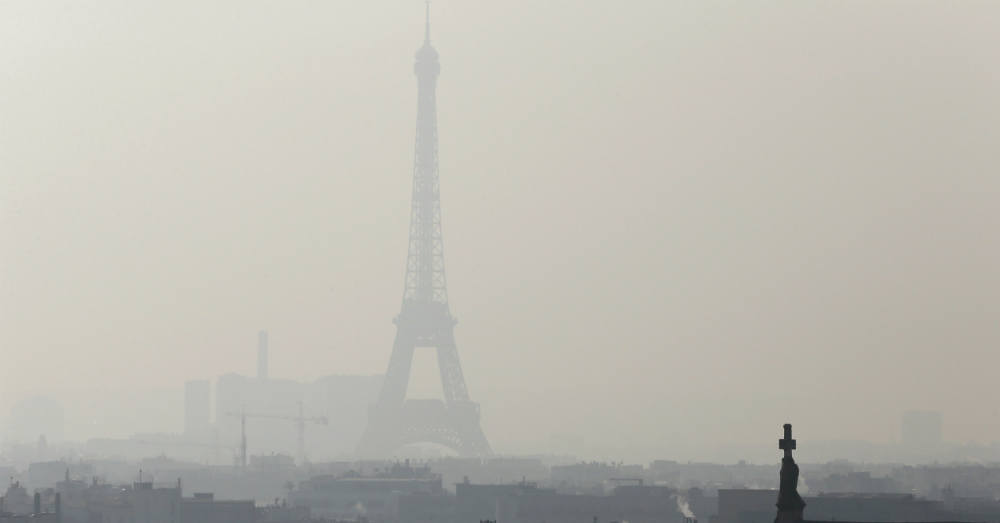Air pollution is a serious problem in every part of the world. Large cities account for massive amounts of smog and pollution which comes from the dense population and the emissions put out by the vehicles in that city. This is a global issue, but with so many countries and governments it would be nearly impossible to have a ban put on pollution around the world. This means it’s up to each country, state or city to handle the problem on their own and create programs that help to reduce pollution through the emissions dispelled by vehicles.
In Europe, the pollution put out by diesel vehicles is greater than it is in the US. The emissions regulations have never been as strict in Europe as they are here and this has caused a great deal of unneeded pollution to take place over the years. This has now caused many governments to need to take a hard look at where they stand on emissions and how they plan to reduce pollution. This puts the diesel engines that are popular and admired in Europe, on the hot seat as the types of vehicles that need to be addressed first.
Paris had enacted a way to try and reduce the amount of pollution with a numbering system of odds and even numbers. What this meant was driving on alternating days based upon the license plate numbers on the vehicles, which should have reduced the number of vehicles on the road each day by half, but unfortunately this system was proved to be completely ineffective. This left the Paris leaders with a dilemma of trying to figure out how to create a system that could reduce the pollution more easily and more quickly than by just using an alternating system.
The program they have now enacted will ban vehicles with a diesel engine that was built between 1997 and 2000. This ban affects diesel powered vehicles built before this time as well, as these vehicles are the ones that currently produce and put out the largest amount of emissions into the air. This ban is based off using a numbering system and categorizing each vehicle which the 1997-2000 diesel vehicles fall into Level Five which is now banned from driving on any roads in the city. With this ban nearly six percent of the cars that were on the roads in Paris would now be banned from driving.
The criticism this action has received shows this to be an unfair penalty to those who are poor. Most of the drivers of vehicles in the Level Five category or older vehicles are at or below the poverty level in Paris and can’t afford to upgrade their vehicle to one that’s newer. Those who have criticized this action have stated it would be better to require all Level Five vehicles to have emissions reducing technology installed rather than ban the vehicles altogether, but at the moment the action is these vehicles have been banned.
How do you think Paris should handle their pollution challenges? It’s difficult to ban a range of vehicles that are meant to offer the transportation needed by the owner. This could cause many people to have a difficult time making it to their place of employment, the hospital when something goes wrong and to travel around town for errands that need to be handled. By this same token, these cars are producing more emissions than is acceptable and Paris does need to find a way to reduce the emissions and pollutants put into the city’s atmosphere.
This post may contain affiliate links. Meaning a commission is given should you decide to make a purchase through these links, at no cost to you. All products shown are researched and tested to give an accurate review for you.
